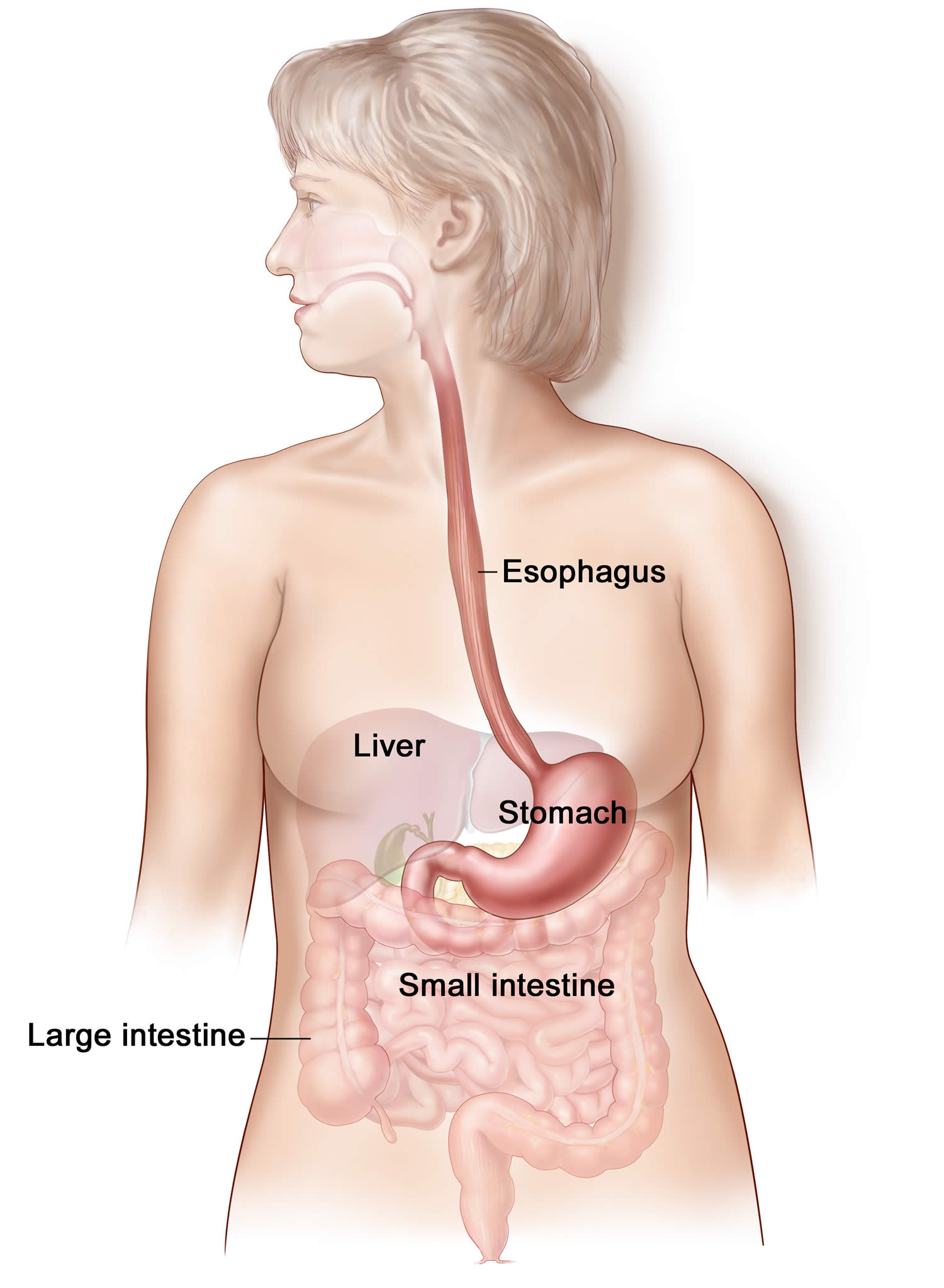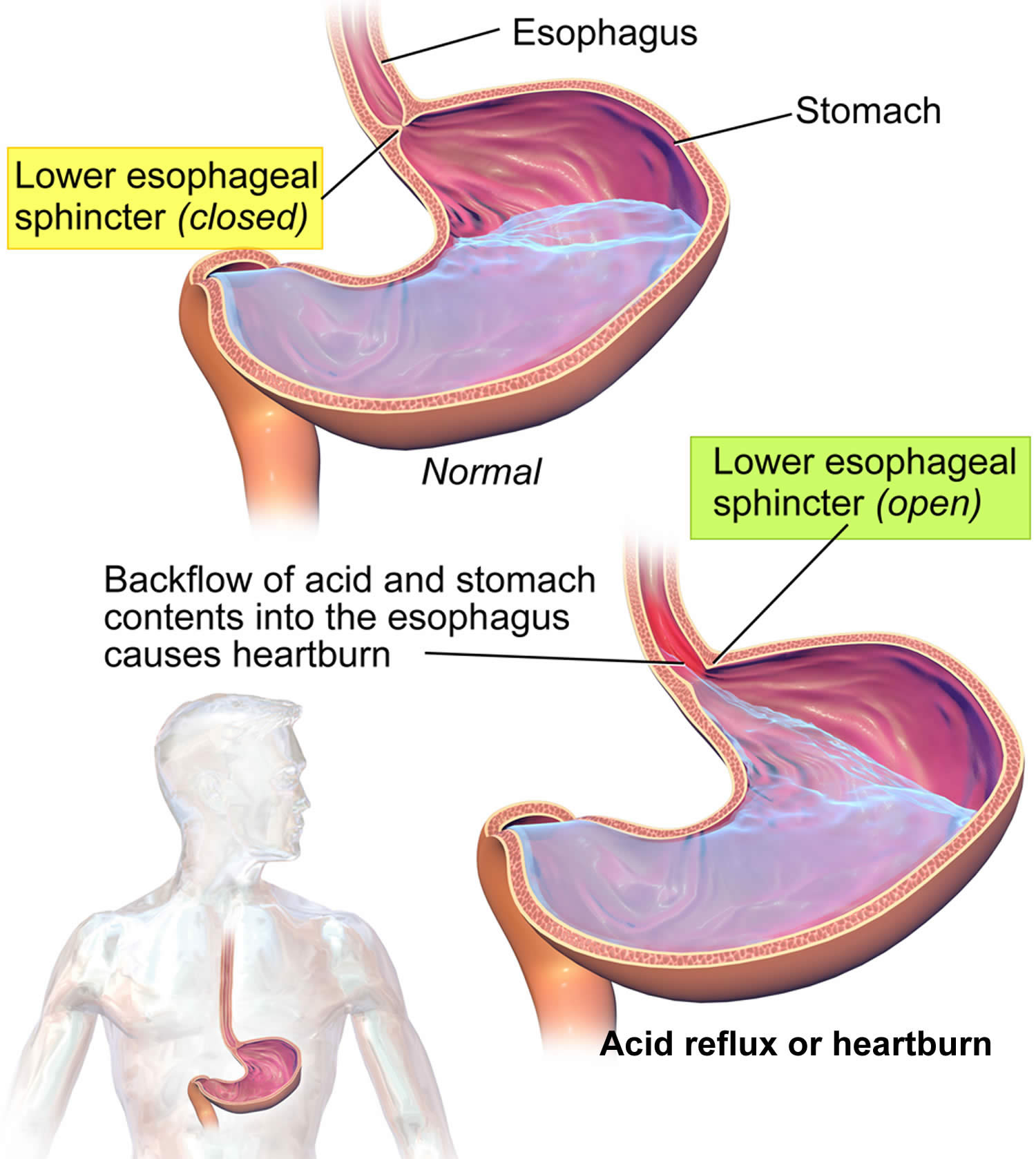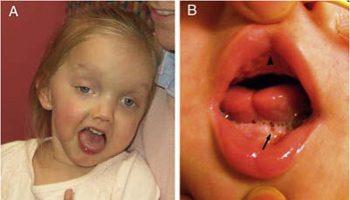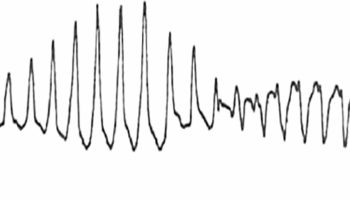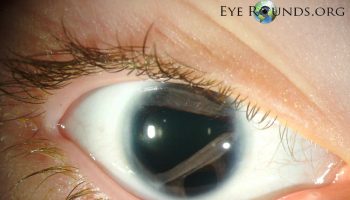Acid reflux and heartburn pregnancy
Acid reflux also called heartburn, indigestion, dyspepsia or an upset stomach, is a painful, burning feeling in your throat or chest that is common in pregnancy. Acid reflux or heartburn happens when food or stomach acid backs up into the tube called esophagus that carries food, liquid and saliva from your mouth to your stomach. Acid reflux or heartburn during pregnancy can be caused by pregnancy hormones that relax the valve between the stomach and the esophagus (lower esophageal sphincter or gastroesophageal valve) and the growing uterus (womb) pressing against your stomach. You can get symptoms at any point during your pregnancy, but they are more common from 27 weeks onwards. Heartburn or acid reflux during pregnancy symptoms usually come on soon after eating or drinking, but there can sometimes be a delay between eating and developing indigestion.
Symptoms of indigestion or heartburn in pregnancy include:
- A burning sensation or pain in your chest or upper abdomen. You feel an uncomfortable heat or burning sensation between the bottom of your breastbone and your bellybutton.
- Feeling full, heavy or bloated during a meal. You haven’t eaten much of your meal, but you already feel full and may not be able to finish eating.
- Uncomfortable fullness after a meal. The feeling of fullness lasts longer than it should.
- Bloating in the upper abdomen. You feel an uncomfortable sensation of tightness in your upper abdomen.
- Burping or belching
- Feeling or being sick
- Bringing up food
- Nausea. You feel as if you want to vomit.
- Less frequent signs and symptoms include vomiting and belching.
- Sometimes people with indigestion also experience heartburn. Heartburn is a pain or burning feeling in the center of your chest that may radiate into your neck or back during or after eating.
Heartburn or indigestion can be triggered by what you eat and drink, such as:
- a big meal
- high-fat foods
- spicy foods
- chocolate
- citrus fruit juices
- drinks containing caffeine, including coffee, tea and cola
- alcohol (which is not recommended in pregnancy)
Other things that may trigger heartburn include:
- doing exercise soon after eating
- lying down after eating
- feeling anxious
Because everyone is different, it’s a good idea to take note of the particular foods, drinks or activities that give you heartburn while you are pregnant.
You can help ease indigestion and heartburn by making changes to your diet and lifestyle, and there are medicines that are safe to take in pregnancy.
Here’s what you can do to help relieve heartburn during pregnancy:
- Eat five or six small meals a day instead of three large meals. Eat meals slowly, don’t rush.
- Drink more fluids between meals and less with meals.
- Don’t eat late at night. Eat your last meal two to three hours before you lie down or go to bed.
- Don’t eat foods that cause heartburn, like greasy or fatty foods, spicy foods, citrus products (like oranges or orange juice) and chocolate.
- Don’t drink alcohol. Drinking alcohol during pregnancy can cause serious problems for your baby.
- Avoiding these items may reduce your discomfort:
- coffee
- citrus drinks
- tomato-based products
- carbonated beverages
- chocolate
- peppermint
- fatty or spicy foods
- eating within three hours of bedtime
- smoking
- excess alcohol consumption
- excess weight gain
- Raise your head up on pillows when you sleep may be helpful. Sleeping on your left side may also help.
- Talk to your doctor before you take any medicine, like over-the-counter antacids, to help relieve heartburn. Antacids, however, only work for a short time and for this reason, they have a limited role in treating reflux disease. Alginates are naturally occurring sugars that are found in brown seaweed. Sodium alginate has special characteristics that make it effective for suppressing reflux. H-2-receptor blockers also called histamine H2 receptor antagonists (cimetidine, ranitidine, and famotidine) decrease acid production in the stomach. These medications work well for treating mild reflux symptoms and are quite safe, with few side effects. They are available over the counter at a reduced dose, or at a higher dose when given by prescription by your doctor.
Figure 1. The esophagus
Figure 2. Gastroesophageal valve
Mild indigestion is usually nothing to worry about. See your doctor if discomfort persists for more than two weeks.
See your doctor if right away if you:
- Have heartburn that returns as soon as your antacid wears off
- Have heartburn that wakes you up at night
- Have trouble swallowing that gets progressively worse
- Repeated vomiting or vomiting with blood
- Are spitting up blood
- Have black stools (poop)
- Have unintentional weight loss or loss of appetite
- Fatigue or weakness, which may indicate anemia
Seek immediate medical attention if you have:
- Shortness of breath, sweating, or chest pain radiating to the jaw, neck or arm
- Chest pain on exertion or with stress
Can heartburn during pregnancy hurt my baby?
Heartburn during pregnancy usually won’t cause any problems for your baby, but it’s uncomfortable for you.
A healthy diet is important for both your and your baby’s health. If heartburn during pregnancy is making it hard to eat healthy food, it’s best to treat it.
Heartburn during pregnancy causes
Symptoms of indigestion come when the acid in your stomach irritates your stomach lining or your esophagus. This causes pain and a burning feeling. Acid reflux or heartburn during pregnancy can be caused by one of the pregnancy hormones called progesterone that can relax the muscle that usually holds your esophagus closed where it meets your stomach (lower esophageal sphincter or gastroesophageal valve). This allows food and acid from your stomach to go back up your esophagus.
Heartburn becomes more common as your pregnancy progresses. This can happen when your growing uterus (womb) pushes up against your stomach as your baby grows. This also pushes the contents of your stomach up into your esophagus.
You’re more likely to get heartburn during pregnancy if you’ve had a baby before or if you get heartburn when you’re not pregnant.
Obesity, smoking, excess alcohol use and consumption of a variety of foods such as coffee, citrus drinks, tomato based products, chocolate, peppermint and fatty foods may also contribute to your reflux symptoms.
You may be more likely to get indigestion in pregnancy if:
- you had indigestion before you were pregnant
- you’ve been pregnant before
- you’re in the later stages of pregnancy
You can get symptoms at any point during your pregnancy, but they are more common from 27 weeks onwards.
Other causes of indigestion or heartburn include:
- Overeating or eating too quickly
- Fatty, greasy or spicy foods
- Too much caffeine, alcohol, chocolate or carbonated beverages
- Smoking
- Anxiety
- Certain antibiotics, pain relievers and iron supplements
- Inflammation of the stomach (gastritis)
- Peptic ulcers
- Celiac disease
- Gallstones
- Constipation
- Pancreas inflammation (pancreatitis)
- Stomach cancer
- Intestinal blockage
- Reduced blood flow in the intestine (intestinal ischemia)
- Diabetes
- Thyroid disease
A condition known as functional or nonulcer dyspepsia, which is related to irritable bowel syndrome (IBS), is a very common cause of indigestion.
Other things that may trigger heartburn include:
- doing exercise soon after eating
- lying down after eating
- feeling anxious
Because everyone is different, it’s a good idea to take note of the particular foods, drinks or activities that give you heartburn while you are pregnant.
Heartburn during pregnancy prevention
If your symptoms are mild, changing how you eat may help prevent heartburn. You could try:
- eating smaller meals more often and eating slowly
- avoiding eating for 2 or 3 hours before exercise or going to bed
- avoiding foods and drinks that give you heartburn
- avoiding eating and drinking at the same time, which can make your stomach more full
- sitting up straight while eating and not lying down after a meal
- raising the head of your bed or sleeping on at least 2 pillows
- sleeping on your left side
You might find it helpful to chew gum, which makes you produce more saliva to help neutralise the acid from your stomach. Drinking milk can also help neutralise acid.
Heartburn during pregnancy signs and symptoms
If you have indigestion during pregnancy, you may have:
- Early fullness during a meal. You haven’t eaten much of your meal, but you already feel full and may not be able to finish eating.
- Uncomfortable fullness after a meal. The feeling of fullness lasts longer than it should.
- Discomfort in the upper abdomen. You feel a mild to severe pain in the area between the bottom of your breastbone and your bellybutton.
- Burning in the upper abdomen. You feel an uncomfortable heat or burning sensation between the bottom of your breastbone and your bellybutton.
- Bloating in the upper abdomen. You feel an uncomfortable sensation of tightness in your upper abdomen.
- Nausea. You feel as if you want to vomit.
Less frequent signs and symptoms include vomiting and belching.
Sometimes people with indigestion also experience heartburn. Heartburn is a pain or burning feeling in the center of your chest that may radiate into your neck or back during or after eating.
Heartburn in pregnancy diagnosis
When a woman experiences common symptoms of heartburn or indigestion in pregnancy, additional tests prior to starting treatment are typically unnecessary. If symptoms do not respond to treatment, or if other symptoms such as weight loss, trouble swallowing or internal bleeding are present, additional testing may be necessary.
Your doctor is likely to start with a health history and a thorough physical exam. Those evaluations may be sufficient if your indigestion is mild and you’re not experiencing certain symptoms, such as weight loss and repeated vomiting.
But if your indigestion began suddenly, and you are experiencing severe symptoms or are older than age 55, your doctor may recommend:
- Laboratory tests, to check for anemia or other metabolic disorders.
- Breath and stool tests, to check for Helicobacter pylori (H. pylori), the bacterium associated with peptic ulcers, which can cause indigestion.
- Upper endoscopy, to check for abnormalities in your upper digestive tract, particularly in older people with more persistent symptoms. Upper endoscopy is a test in which a small tube with a light at the end is used to examine the esophagus, stomach and duodenum (the first portion of the small intestine). Before this test, you will receive medications to help you relax and lessen any discomfort you may feel. An upper endoscopy allows your doctor to see the lining of the esophagus and detect any evidence of damage due to gastroesophageal reflux disease (GERD). A tissue sample (biopsy) may be taken for analysis. A biopsy of tissue may be done using an instrument similar to tweezers. Obtaining a biopsy does not cause pain or discomfort.
Another test, known as pH testing, measures acid in the esophagus and can be done by either attaching a small sensor into the esophagus at the time of endoscopy or by placing a thin, flexible probe into the esophagus that will stay there for 24 hours while acid content is being measured. This information is transmitted to a small recorder that you wear on your belt.
X-ray testing has no role in the initial evaluation of individuals with heartburn or indigestion in pregnancy.
Heartburn in pregnancy treatment
Changing your diet and lifestyle may be enough to control your indigestion symptoms, particularly if they are mild.
Your doctor may recommend:
- Avoiding foods that trigger indigestion
- Eating five or six small meals a day instead of three large meals
- Reducing or eliminating the use of alcohol and caffeine
- Avoiding certain pain relievers, such as aspirin, ibuprofen (Advil, Motrin IB, others) and naproxen sodium (Aleve)
- Finding alternatives for medications that trigger indigestion
- Controlling stress and anxiety
Home remedies for heartburn during pregnancy
Reflux symptoms sometimes disappear if dietary or lifestyle excesses that cause the symptoms are reduced or eliminated. Avoiding these items may reduce your discomfort:
- Eat healthily. You will probably find that you are more hungry than usual, but you do not need to “eat for 2” – even if you are expecting twins or triplets. You’re more likely to get indigestion if you’re very full. If you’re pregnant, it may be tempting to eat more than you would normally, but this may not be good for you or your baby. A healthy diet is an important part of a healthy lifestyle at any time but is especially vital if you’re pregnant or planning a pregnancy. Eating healthily during pregnancy will help your baby to develop and grow. You do not need to go on a special diet, but it’s important to eat a variety of different foods every day to get the right balance of nutrients that you and your baby need. It’s best to get vitamins and minerals from the foods you eat, but when you’re pregnant you need to take a folic acid supplement as well, to make sure you get everything you need.
- Eat five or six small meals a day instead of three large meals. Chew your food slowly and thoroughly.
- Drink more fluids between meals and less with meals.
- Don’t eat late at night. Eat your last meal two to three hours before you lie down or go to bed.
- Don’t eat foods that cause heartburn, like greasy or fatty foods, spicy foods, citrus products (like oranges or orange juice) and chocolate.
- Don’t drink alcohol. Drinking alcohol during pregnancy can cause serious problems for your baby.
- Avoiding these items may reduce your discomfort:
- Coffee
- Citrus drinks
- Tomato-based products
- Carbonated beverages
- Chocolate
- Peppermint
- Fatty or spicy foods
- Eating within three hours of bedtime
- Smoking. Smoking when pregnant can cause indigestion, and can seriously affect the health of you and your unborn baby. When you smoke, the chemicals you inhale can contribute to your indigestion. These chemicals can cause the ring of muscle at the lower end of your esophagus to relax, which allows stomach acid to come back up more easily. This is known as acid reflux. Smoking also increases the risk of:
- your baby being born prematurely (before week 37 of your pregnancy)
- your baby being born with a low birthweight
- sudden infant death syndrome (SIDS), or “cot death”
- Alcohol consumption. Drinking alcohol can cause indigestion. During pregnancy, it can also lead to long-term harm to the baby. It’s safest to not drink alcohol at all in pregnancy.
- Excess weight gain
- Raise your head up on pillows when you sleep may be helpful. Propping your head and shoulders up when you go to bed can stop stomach acid coming up while you sleep. Sleeping on your left side may also help.
- Sit up straight when you eat. This will take the pressure off your stomach.
- Maintaining a healthy weight. Excess pounds put pressure on your abdomen, pushing up your stomach and causing acid to back up into your esophagus.
- Exercising regularly. Exercise helps you keep off extra weight and promotes better digestion.
- Managing stress. Create a calm environment at mealtime. Practice relaxation techniques, such as deep breathing, meditation or yoga. Spend time doing things you enjoy. Get plenty of sleep.
- Talk to your doctor before you take any medicine, like over-the-counter antacids, to help relieve heartburn. Antacids, however, only work for a short time and for this reason, they have a limited role in treating reflux disease. Alginates are naturally occurring sugars that are found in brown seaweed. Sodium alginate has special characteristics that make it effective for relieving indigestion caused by acid reflux by stopping the acid in your stomach coming back up your esophagus (food pipe). Histamine H2 receptor antagonists (cimetidine, ranitidine, and famotidine) decrease acid production in the stomach. These medications work well for treating mild reflux symptoms and are quite safe, with few side effects. They are available over the counter at a reduced dose, or at a higher dose when given by prescription by your doctor.
You may only need to take antacids and alginates when you start getting symptoms. However, your doctor may recommend taking them before symptoms come on, for example, before a meal or before bed.
If you’re taking iron supplements as well as antacids, do not take them at the same time. Antacids can stop iron from being absorbed by your body.
If antacids and alginates do not improve your symptoms, your doctor may prescribe a medicine to reduce the amount of acid in your stomach. 2 heartburn medicines that are widely used in pregnancy and not known to be harmful to an unborn baby are:
- Ranitidine – a tablet you take twice a day
- Omeprazole – a tablet you take once a day
Natural remedies for heartburn during pregnancy
Alternative and complementary treatments have been used for many years to ease indigestion, although their effectiveness varies among different individuals. These treatments include:
- STW 5 (Iberogast), a liquid supplement containing extracts of nine herbs, may work by reducing the production of gastric acid.
- Acupuncture, which may work by blocking the pathways of nerves that carry sensations of pain to the brain.
- Psychological treatment, including behavior modification, relaxation techniques, cognitive behavioral therapy and hypnotherapy are often very helpful.
Always check with your doctor before taking any supplements to be sure they are safe to take during pregnancy and that the supplement won’t adversely interact with any other medications you’re taking.
Heartburn medicine for pregnancy
If your indigestion persists, medications may help. Over-the-counter antacids are generally the first choice. Other options include:
- Proton pump inhibitors (PPIs), which can reduce stomach acid. Proton pump inhibitors (omeprazole, lansoprazole, pantoprazole, esomeprazole, and rabeprazole) may be recommended particularly if you experience heartburn along with indigestion.
- H-2-receptor blockers also called histamine H2 receptor antagonists, which can also reduce stomach acid.
- Prokinetics, which may be helpful if your stomach empties slowly.
- Antibiotics, which can help if H. pylori bacteria are causing your indigestion.
Proton pump inhibitors (omeprazole, lansoprazole, pantoprazole, esomeprazole, and rabeprazole) are all highly effective in treating reflux symptoms. These medications act by blocking the final step of acid production in the stomach and are typically taken once or twice daily prior to meals. For reflux symptoms that occur frequently, proton pump inhibitors are the most effective medical treatment.
Prokinetics, or medications that stimulate muscle activity in the stomach and esophagus, are sometimes provided for the treatment of reflux disease. The only available drug in the market is metoclopramide, which has little benefit in the treatment of reflux disease and has many side effects, some of which can be serious.
Surgery should be considered in patients with well-documented reflux disease who cannot tolerate medications or continue to have regurgitation as a primary symptom. If symptoms persist despite medical treatment, a comprehensive evaluation should be completed prior to considering surgery. The surgery for treating reflux disease is known as fundoplication. In this procedure, a hiatal hernia, if present, is eliminated and part of the stomach is wrapped around the lower end of the esophagus to strengthen the barrier between the esophagus and the stomach. The operation is typically done via a laparoscope, an instrument that avoids a full incision of the stomach. Due to the complexity of this surgery, it is important to seek a skilled surgeon who has experience in performing this procedure and can discuss the risks and benefits of the procedure.

